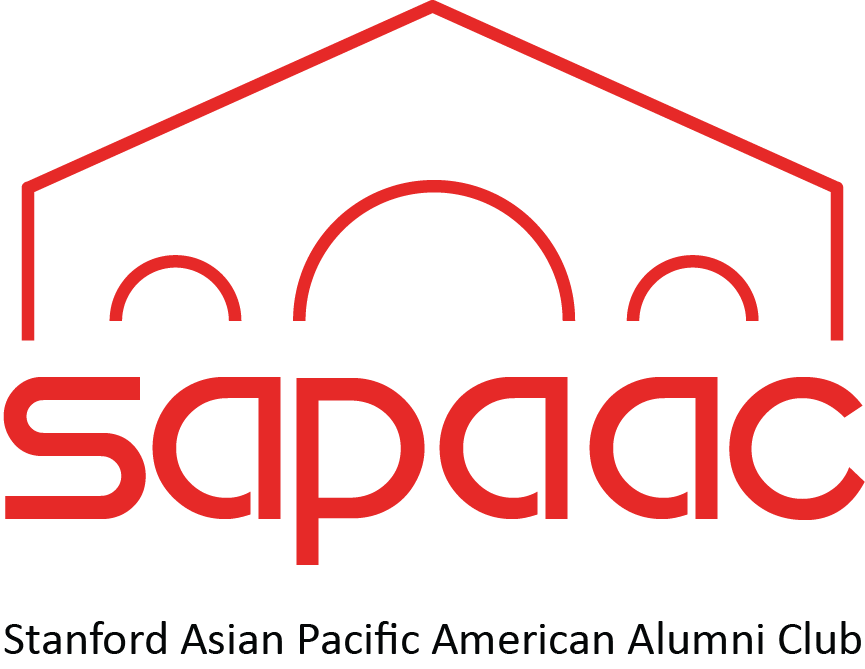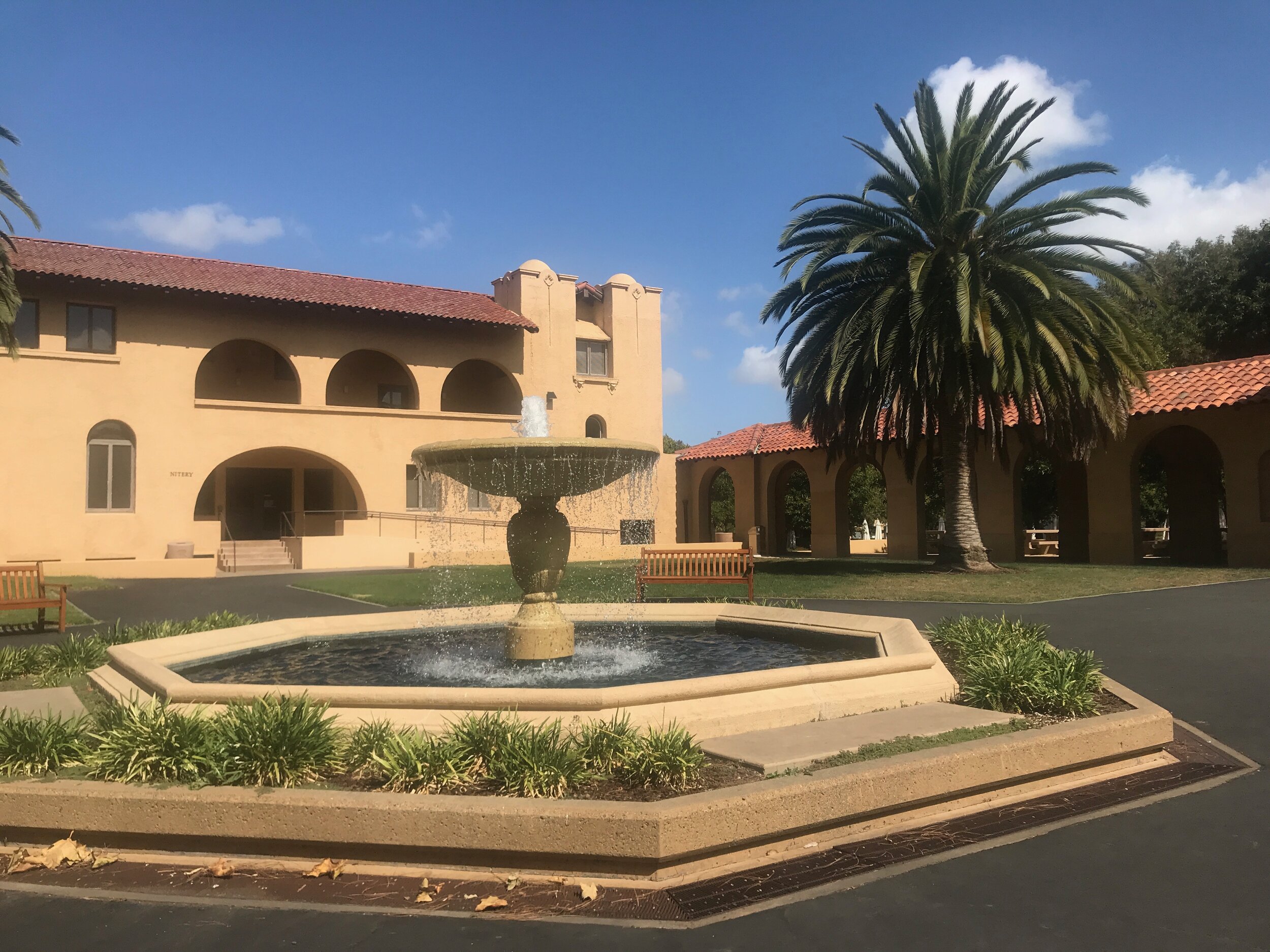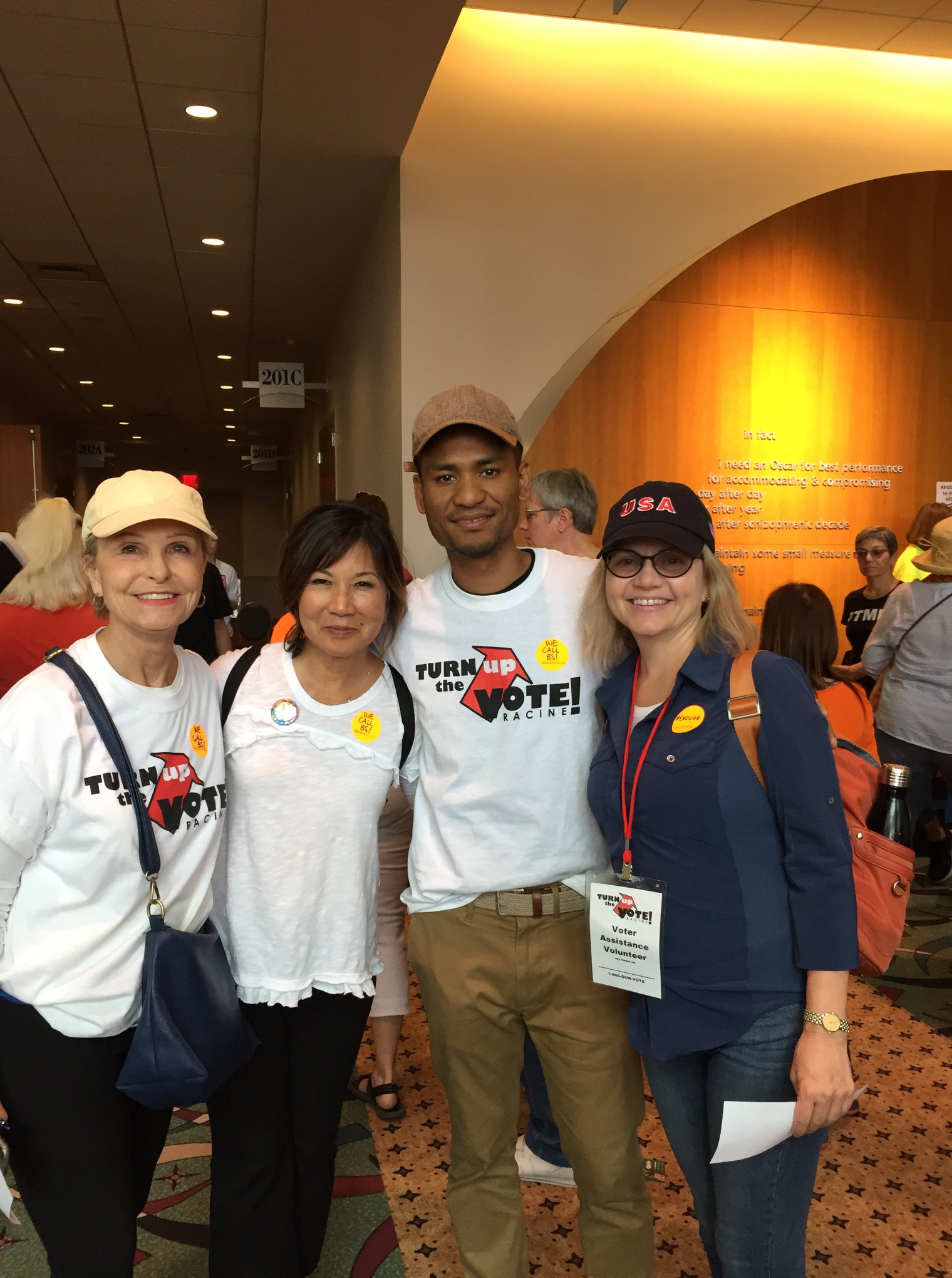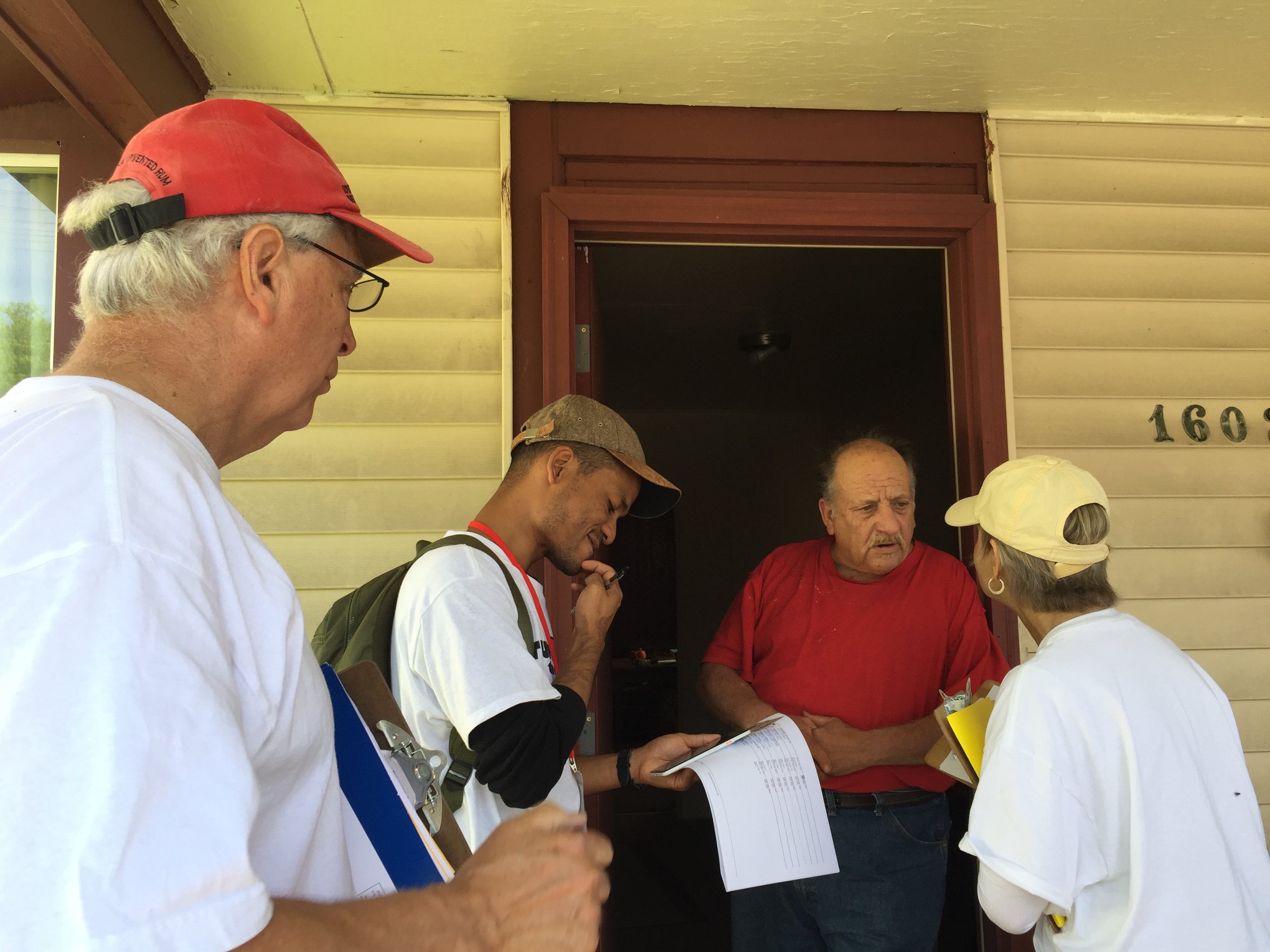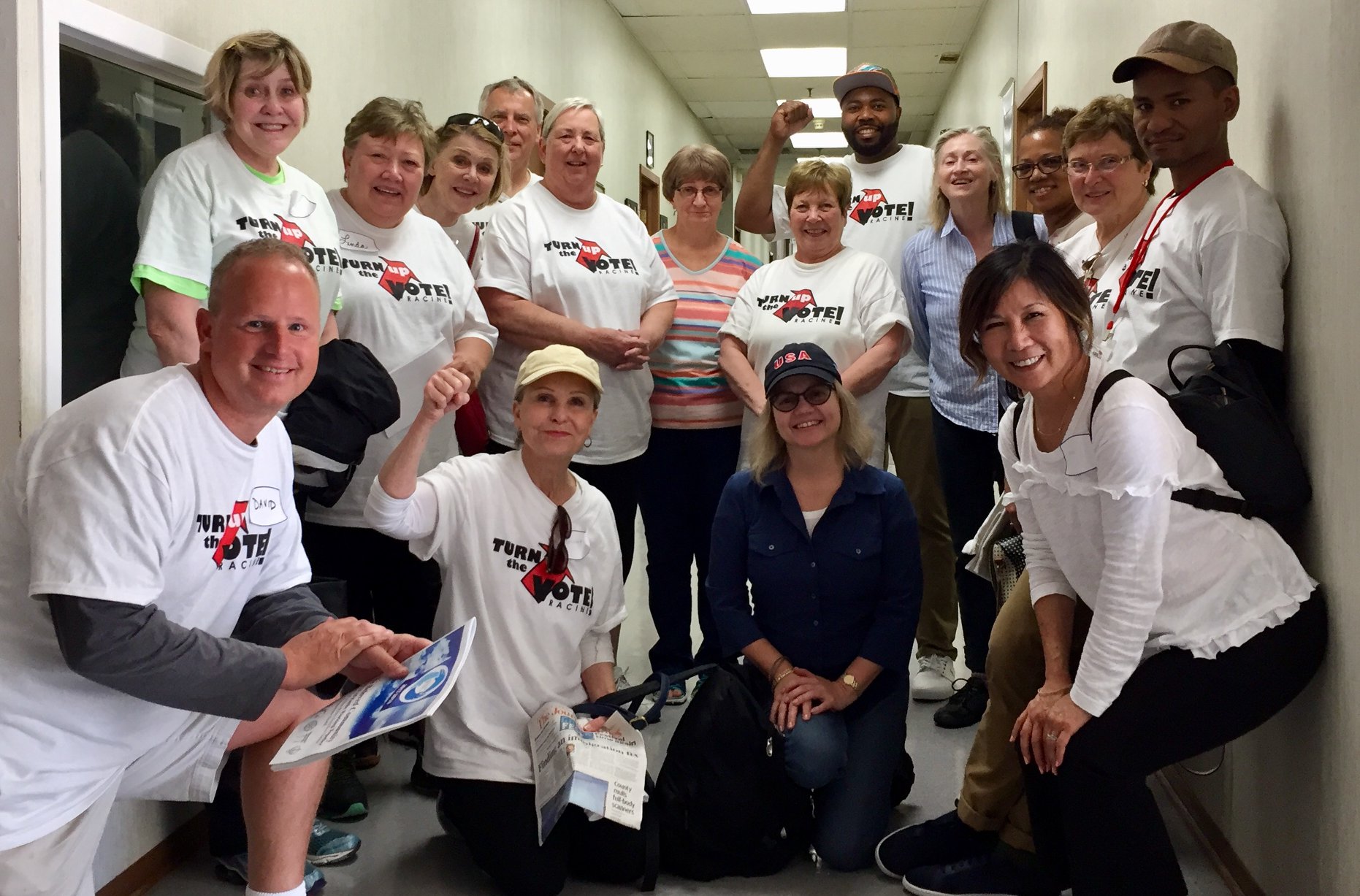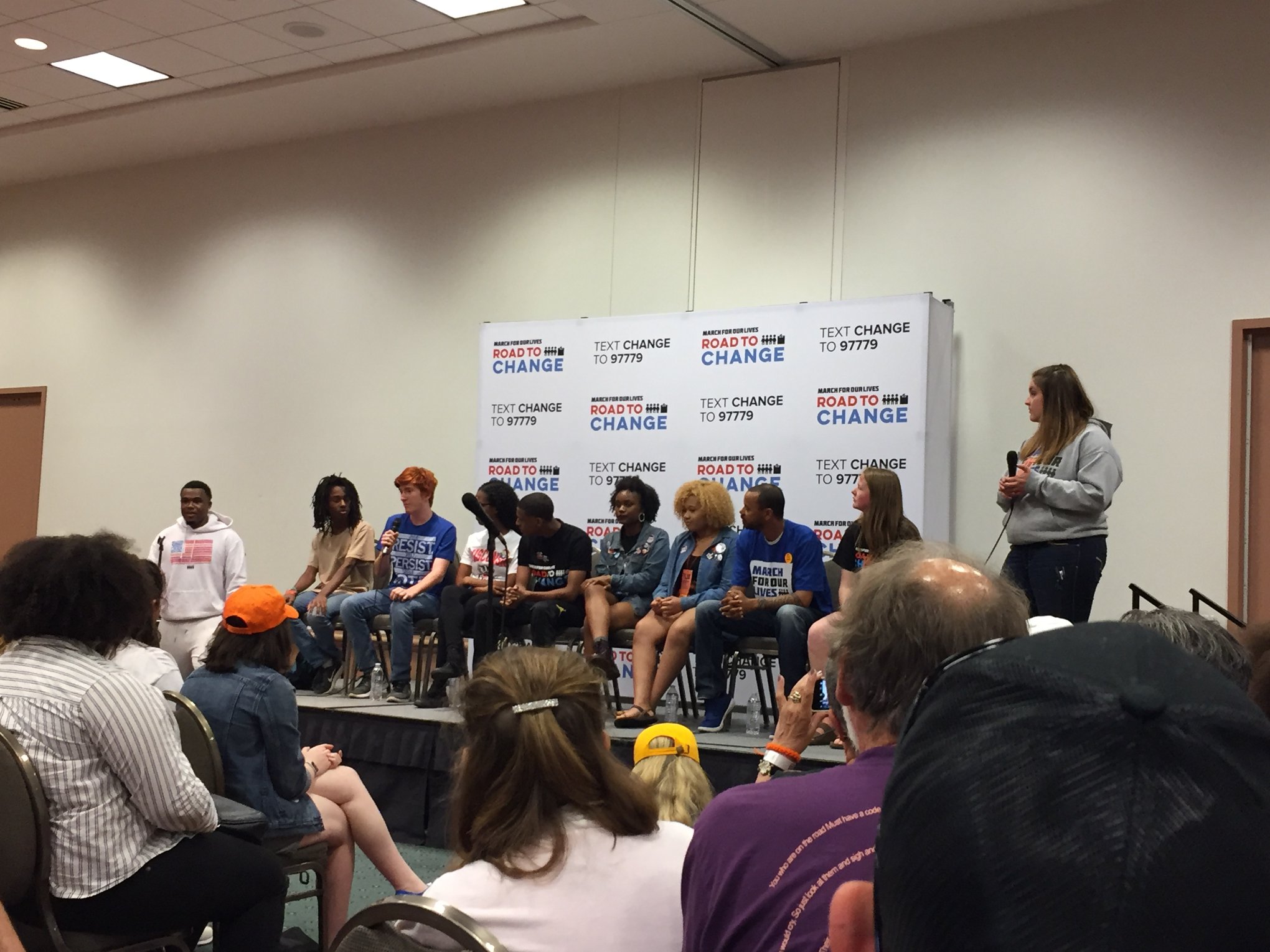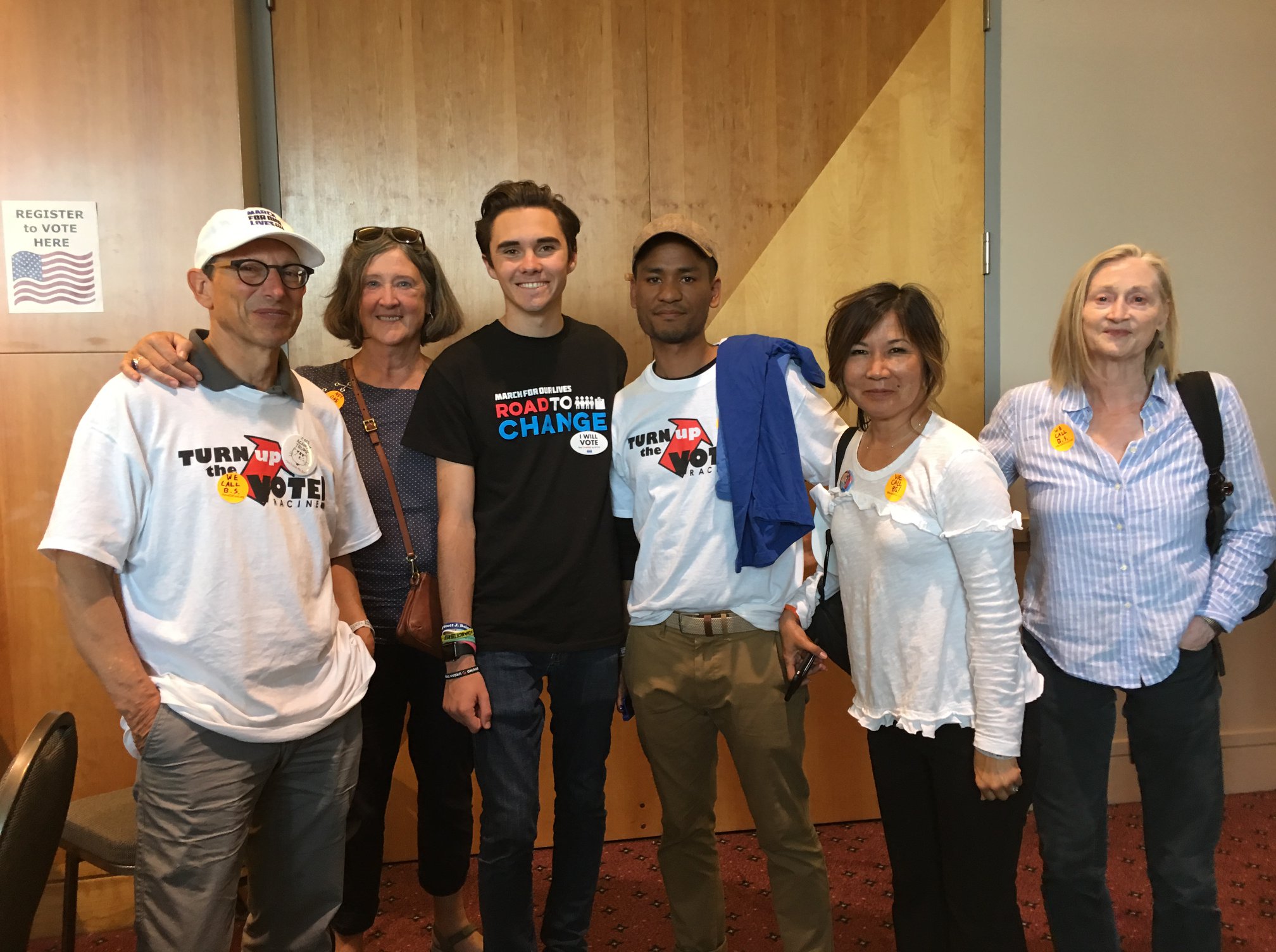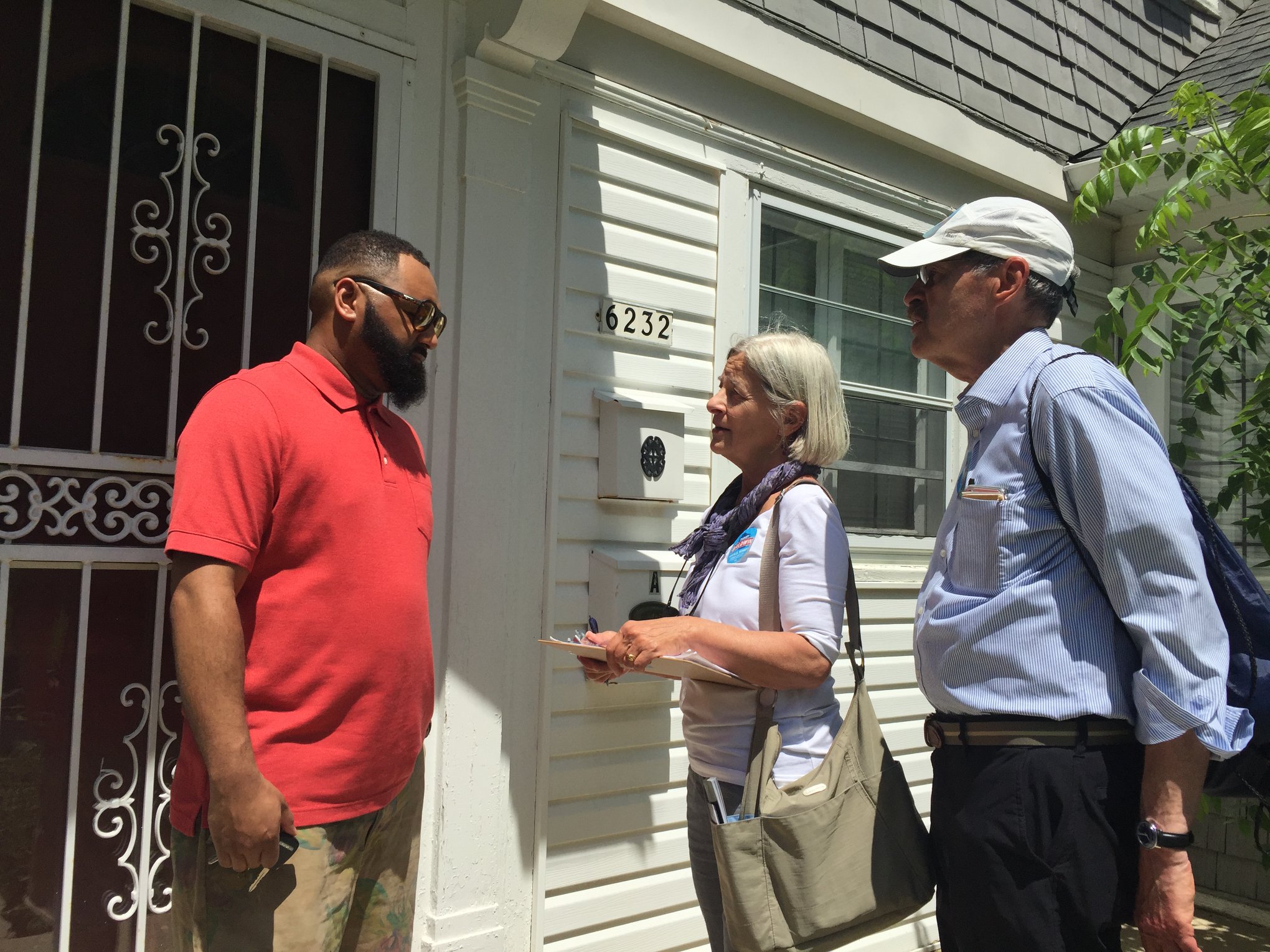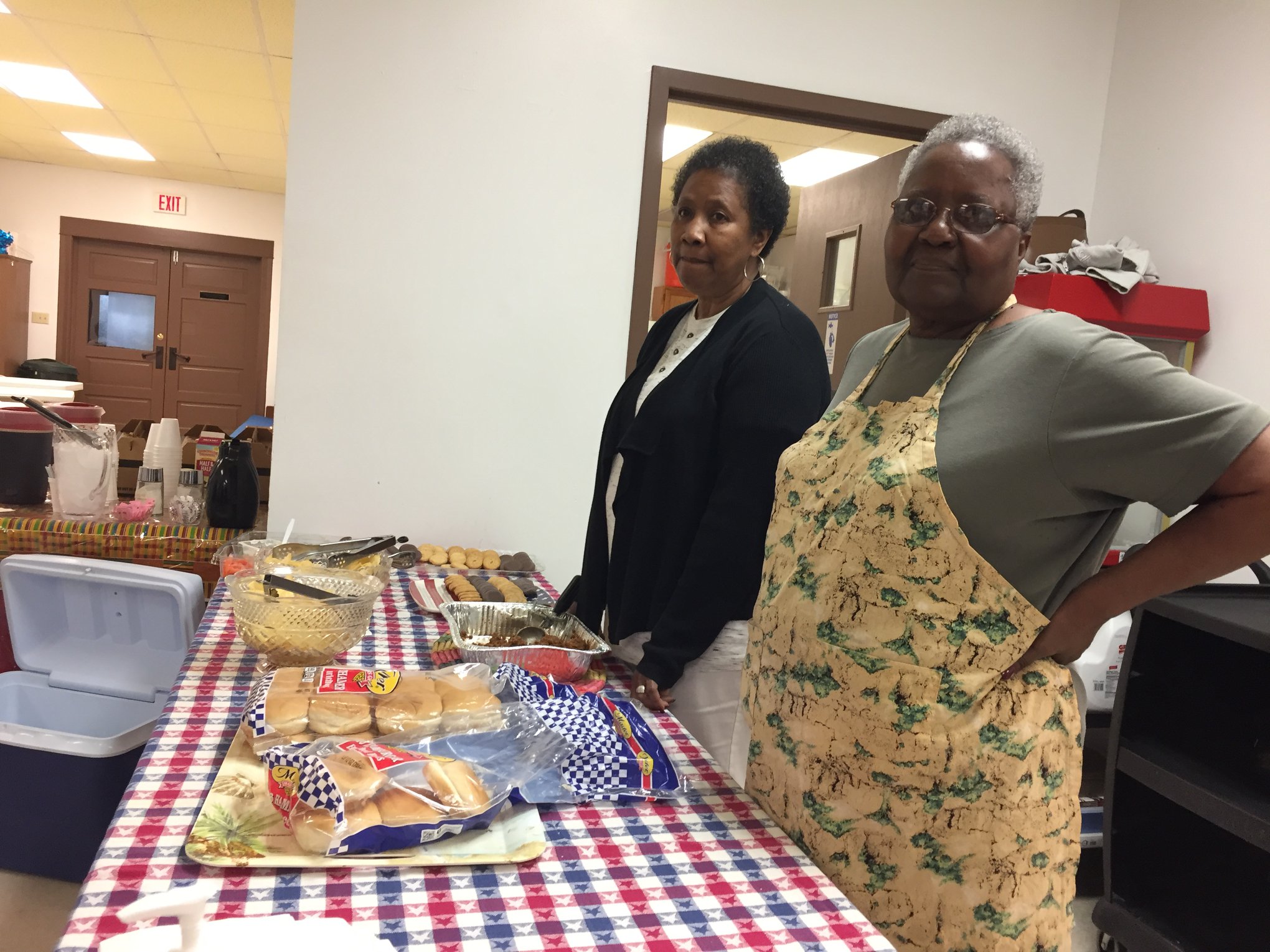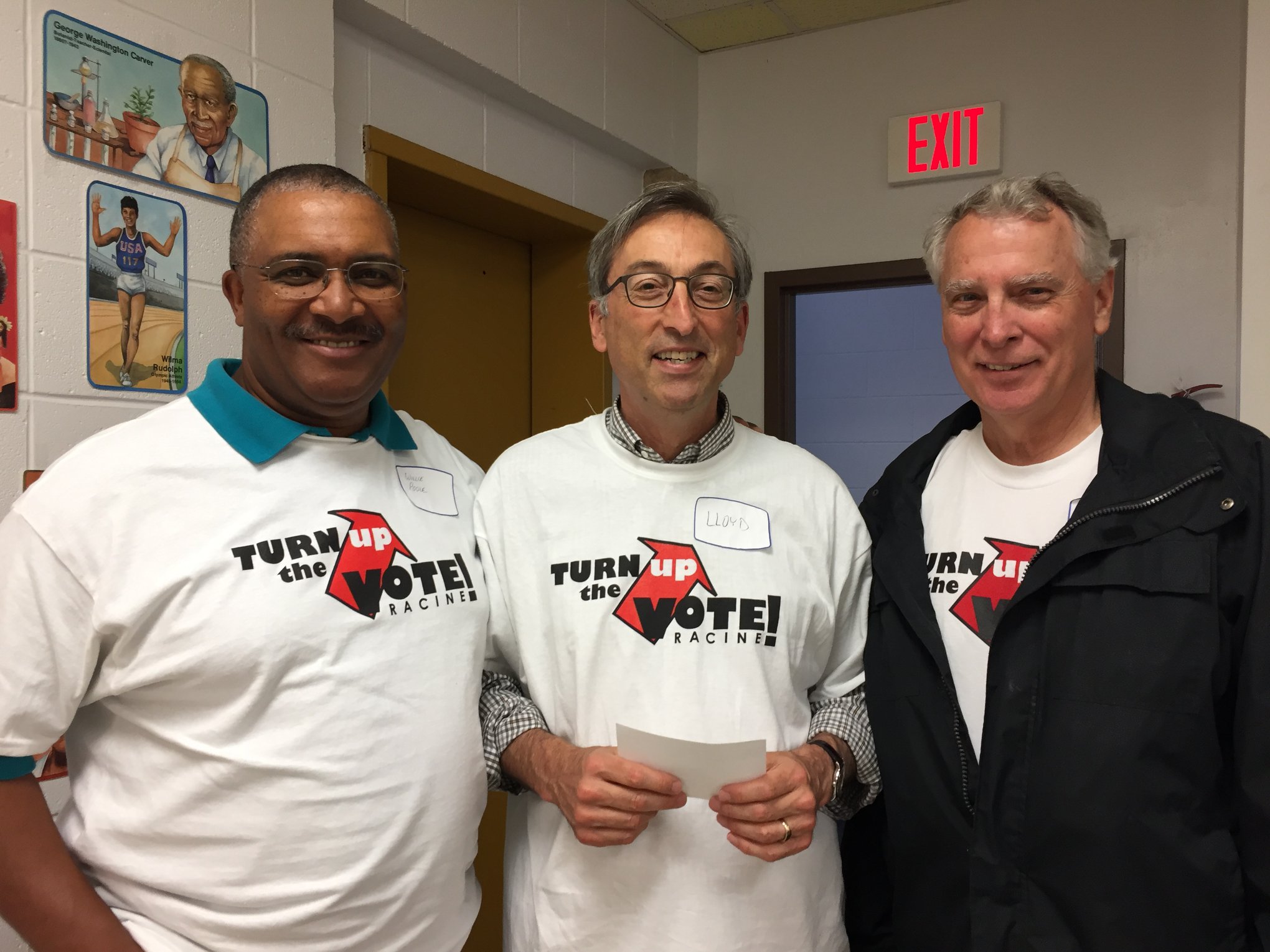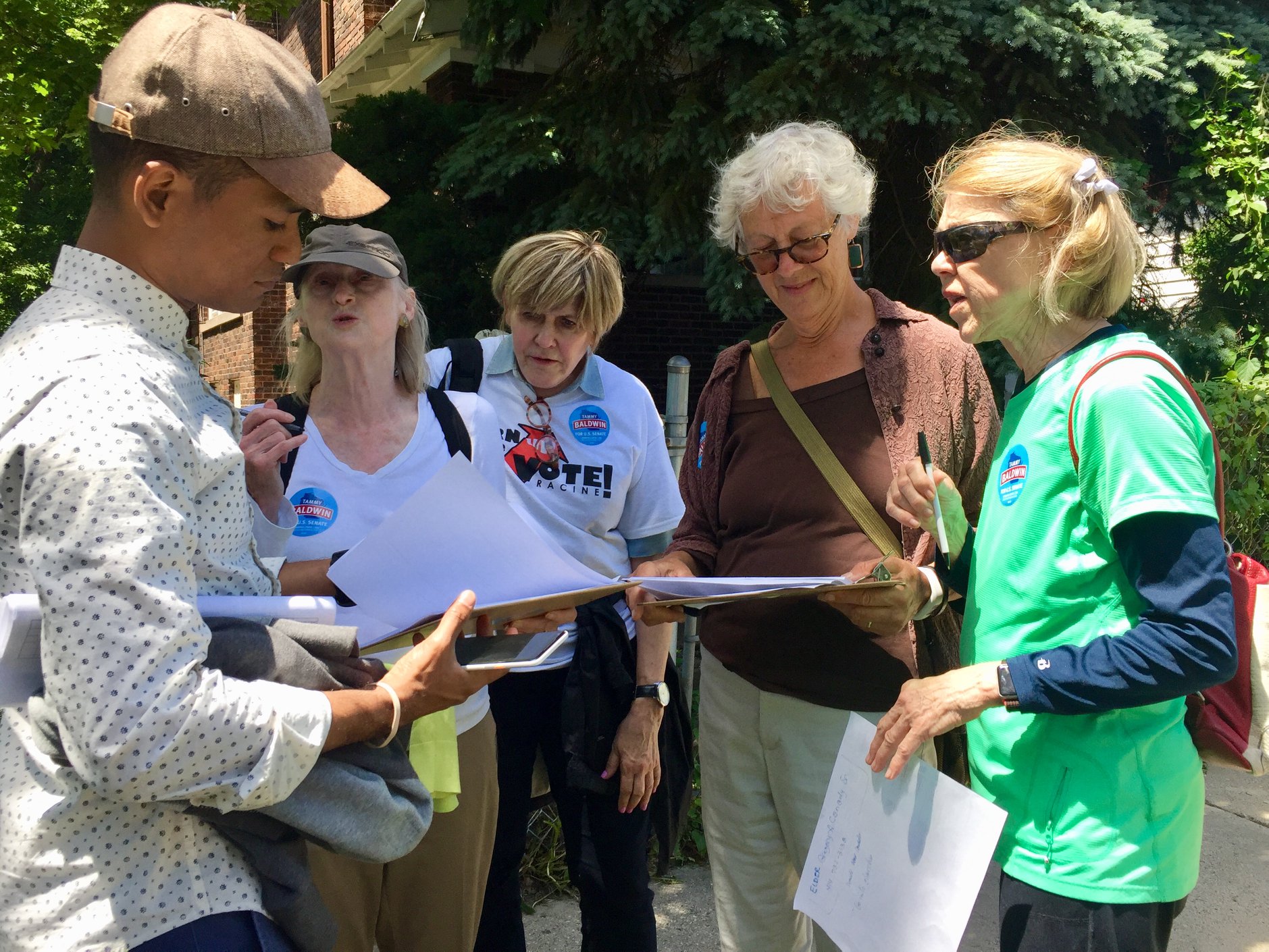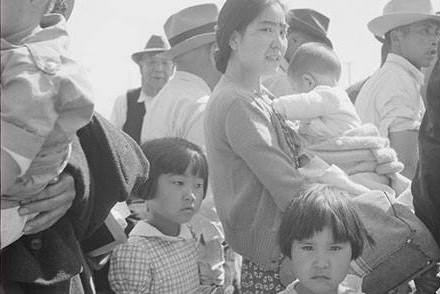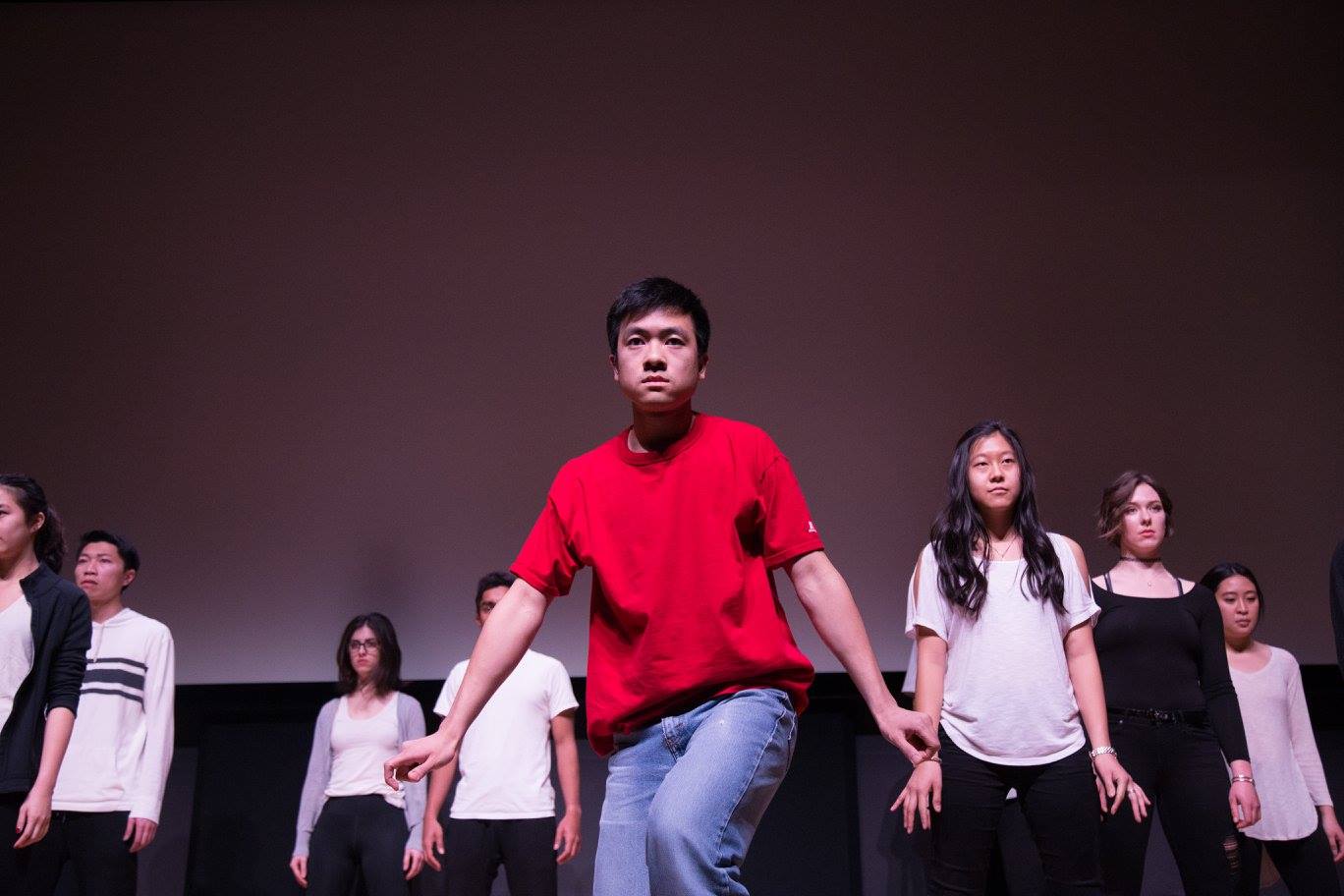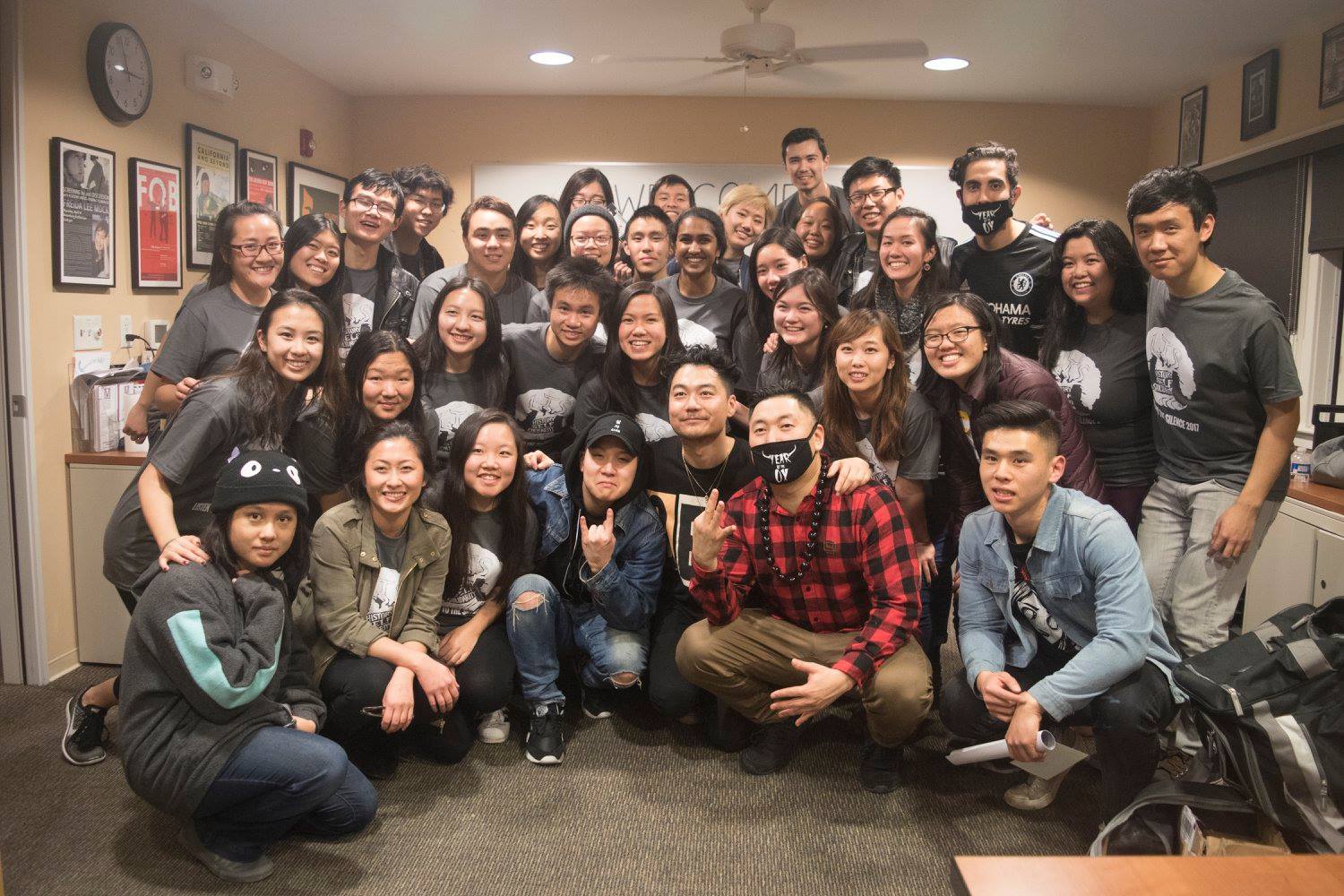Save Cantonese at Stanford
Stanford abruptly terminated the contract of its sole Cantonese lecturer, effectively eliminating its Cantonese language program. The decision has upset many, who believe that Stanford University, built from wealth generated by Cantonese migrant workers, has a unique obligation to continue to teach Cantonese. The language classes also provided access to centuries-old cultural traditions and the ability to communicate with Cantonese-speaking elders. Interested alumni can learn more about the issue here, and may consider signing a student-led petition—both Stanford alumni and non-alumni are welcome to sign.
For those interested in getting more involved, please e-mail Crystal Zheng, SAPAAC Advocacy Committee Chair at zheng.crystal@gmail.com.
Stanford cuts only Cantonese lecturing spot, putting future of program in doubt (Stanford Daily)
Nearly 1,500 Sign Petition to Save Stanford’s Cantonese Course (College Post)
Stanford Lays Off Only Cantonese Lecturer After 21 Years of Teaching (Next Shark)
Asian American Studies Working Group
Stanford created the Asian American Studies major in 1997, in response to student activism. Yet alumni are often surprised to learn that more than 20 years later, the program still has no full-time, tenured professors of its own, and certain critical courses are only offered occasionally. The program is striving hard to meet tremendous student demand, but needs alumni to join their voices with those of students and faculty, working together to create a stable home for Asian American Studies at the university.
To lend your support or to learn more, you are invited to join the Asian American Studies Working Group, an initiative of the SAPAAC Advocacy & Education Committee. The next meeting is January 23, 2021 4:30 - 6:00 PM PST. If interested, please e-mail asianamerican.workinggroup@gmail.com
Stanford Community Responds to Attack on the U.S. Capitol
The Stanford Daily reports that “Stanford professors from across the political spectrum forcefully condemned the mob of Trump supporters that stormed the United States Capitol on Wednesday afternoon, as well as Republican lawmakers who had objected to the certification of the presidential election.” In a letter to the Stanford community, President Marc Tessier-Lavigne called “the alarming scenes in Washington…shocking and deeply troubling.” Several scholars reflected on the events of this week, with political science professor Larry Diamond saying, “We need to rally in defense of our constitution across party lines.”
Students, faculty and alumni have all expressed concern about the actions of Senator Josh Hawley (Class of ‘02, History) who represents Missouri. According to the Stanford Daily, Hawley was the “first senator … to join efforts to subvert Biden’s win and object to the Electoral College certification” and later raised “his fist in support of the rioters outside the Capitol before it was stormed.” As quoted in the Daily, political science professor Jim Steyer said, “Shame on Josh Hawley—he has blood on his hands…he knew better as a Stanford undergraduate and he should know better as a senator.”
In response, a number of alumni have organized a Change.org petition “to condemn the open sedition against the United States of America by Senator Josh Hawley of Missouri (Stanford University, AB, History, 2002).” Other alumni have come together by signing an open letter to the university. These efforts mirror those undertaken by Yale Law School students, faculty and alumni, where Hawley attended law school. More information on the aftermath can be found here.
Related Articles
Petition From Stanford University Community Members Regarding Senator Josh Hawley (Change.org)
Stanford Alumni Letter to SAA Board of Directors Regarding Senator Hawley
Stanford leadership, professors condemn storming of Capitol by pro-Trump rioters (Stanford Daily)
GOP Sen. Josh Hawley loses book deal, mentor, major donor after Capitol assault, gains 2 scathing editorials (The Week)
Yale Law School Members Letter Regarding Senator Hawley
How to Represent Asians on Stanford’s Diversity Dashboard?
Stanford recently published the IDEAL Dashboard (Inclusion, Diversity, Equity & Access in a Learning Environment) to reflect the Provost’s statement that the university will “strive to ensure a diversity of cultures, races and ethnicities...is thriving on our campus.” Despite racist incidents against Asian Americans on campus, distressing cases where Asian American faculty did not receive tenure, and only one Asian American in Stanford’s higher academic leadership, Asians are not counted as “Underrepresented Minorities” according to the IDEAL Dashboard’s definitions. This has prompted concerned faculty to point out that the dashboard fails to disaggregate extremely diverse Asian American populations and perpetuates the “Model Minority Myth” by assuming all Asians are high-performing and do not need or deserve support. Others have suggested presenting data on university leadership by race/ethnicity, or improving the categories of self-identification could be helpful. Alumni can provide suggestions on the IDEAL Dashboard Feedback Form.
No Cabinet Secretaries of Asian American or Pacific Islander Descent
President-elect Joe Biden has announced the final nominations for his Cabinet, and for the first time in two decades, “there will not be an Asian American and Pacific Islander (AAPI) Cabinet Secretary serving in a presidential administration” according to the Congressional Asian Pacific American Caucus. They Caucus stated: “The glaring omission of an AAPI Cabinet Secretary in the self-declared ‘most diverse Cabinet in history’ is not lost on us and sends a demoralizing message to our nation’s fastest growing racial group and voting bloc that AAPIs do not need to be counted the same way as other key constituency groups.”
Photo from the Office of Representative Marilyn Strickland
Record Number of Asian Americans and Pacific Islanders in Congress
There will be 20 members serving in the 117th Congress (16 Representatives, 2 non-voting Delegates and 2 Senators) who identify as AAPI, matching the previous record. A third senator, Kamala Harris, will soon become Vice President of the United States. Rep. Marilyn Strickland, D-Washington, the first Korean-American woman elected to Congress, wore a hanbok, a traditional Korean dress, during her swearing-in ceremony.
— Visit www.sapaac.org/issues-advocacy for other editions of Asian American Issues
